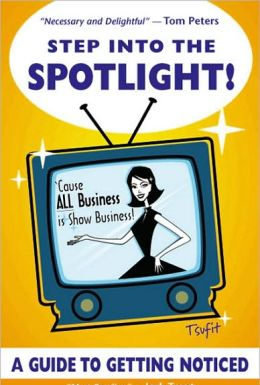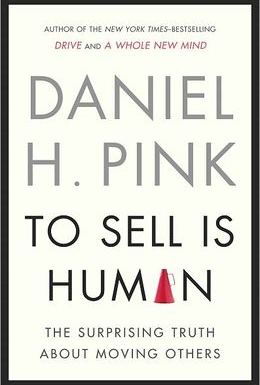Have you ever been in a conversation with a prospect when all of a sudden (or so it seems) they get defensive? Have you ever been cruising right along with a prospect then suddenly they clam up and become guarded about what they tell you? The chances are that whatever you were saying or doing looks like an attack to the prospect. There are several ways this might happen. I will discuss the top three. If you avoid these three pitfalls your prospect will not be as likely to fight you and will be more open to what you have to say.
- Don’t be condescending. This can happen when you have a lot of experience or when you have much more knowledge than the prospect. Inadvertently you can begin to talk down to the prospect, or preach to the prospect or take a didactic stance with the prospect. When the prospect senses this, he or she feels like you are putting them down. This is true even if you are not trying to do so. Many times it is your tonality that communicates to the prospect what they are feeling. To protect against this, you can take a deferential stance which will give the prospect the idea that you hold them in a position as high as or higher than your own, and will almost automatically get your tonality right. Of course your belief has to be consistent with that stance or you will sound phony which is a whole other problem.
- Don’t be arrogant. Arrogance will always cause a hostile environment. The prospect will either fight you or clam up. Most people don’t set out to be arrogant on a sales call. But when they are insecure or feel like they need to prove themselves, they come across that way. Be humble and you will not attract undue resistance. Have the humility to realize that though you are an expert in your field you are a rank amateur in what the prospect’s problems are and how she feels about them. You can’t hide arrogance it comes through your tonality and body language loud and clear.
- Don’t use jargon and Buzz words. Of course every field has its own particular language. But you should be careful not to assume that the prospect understands it all. It may make you feel like the expert when you use big words, technical language or insider terminology but it will make the prospect feels stupid if they do not understand. They won’t tell you they don’t understand they will either stop interacting or go on the offensive. The worst part is they may not remember what you said but they will remember that they did not feel good when you were talking and mark you as someone to avoid. This may all be just a vague feeling on their part , but it will color every other interaction you have with them.
Be careful how you speak with a prospect you may be telling them more than you think.
Related Video






